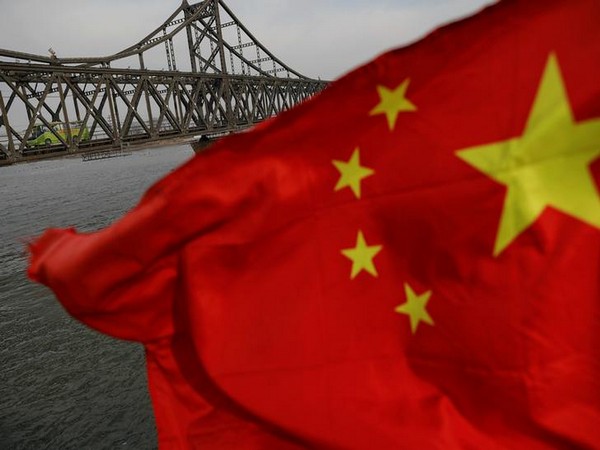Amid COVID-19 outbreaks, China’s economy will unlikely move into the “highest gear in the near term,” The Japan Times reported. This comes even as China is the last among major countries which do not treat COVID-19 as endemic.
As per the news report, China’s economy could come out of isolation in 2023. However, many businesses in China, particularly customer-facing ones, are afraid that they might not be able to survive till next year as China is still fighting some of the biggest outbreaks.
If China reconnects with the global market in 2023, the country’s economy will recover from its slowdown in decades and the prospects of a global recession in 2023 could reduce, The Japan Times reported. However, the expectation is in contrast to the economic reality that is taking place in China.
Notably, China has been adhering to strict COVID policy, which includes mass testing, lockdown and travel restrictions to reduce the number of coronavirus cases. China’s economy is expected to reach around 3 per cent in 2022 which shows that it will miss its target of around 5.5 per cent.
According to the economic data for October, exports in China reduced, inflation slowed down, new bank lending tumbled, the property market downturn further increased and retail sales fell for the first time after Shanghai’s lockdown during April-May, as per the news report.
The culinary tourism business of Brian Bergey and his wife Ruixi Hu has been impacted in China due to COVID-19 restrictions, as per The Japan Times report. Brian Bergey stated that he is “fairly pessimistic” about the reopening of China. He said that ‘Their Lost Plate Company’ which has been organising food tours in several Chinese cities since 2015 will move to Southeast Asia.
Shanghai-based American entrepreneur Camden Hauge, who owns a cafe, a bar, several matcha kiosks and an events company in the city said, “The biggest thing will be to see in February and March who was actually able to survive the winter.” Hauge further stated that people are “not going to flick a switch” and return to the way how life existed before.
Earlier this month, JP Morgan estimated that cities which reported over 10 new COVID-19 cases accounted for 780 million people and 62.2 per cent of GDP. Vaccination and booster rates continue to remain low in China, particularly among vulnerable people.
Local authorities in some Chinese cities eased restrictions while others imposed strict measures. Analysts at Gavekal Dragonomics have said that the new measures to “optimize” COVID containment appear to create chaos as local authorities try to interpret the policies. The problem shows Chinese authorities’ failure’ to prioritize the interests of customers, as per the news report.
Social media posts have indicated that many parents have been using toothaches or ear infections as a pretext to not send children to schools as they are afraid that their children might get infected with COVID-19. Economists think that these families will not go out for shopping or dinner any time soon.

